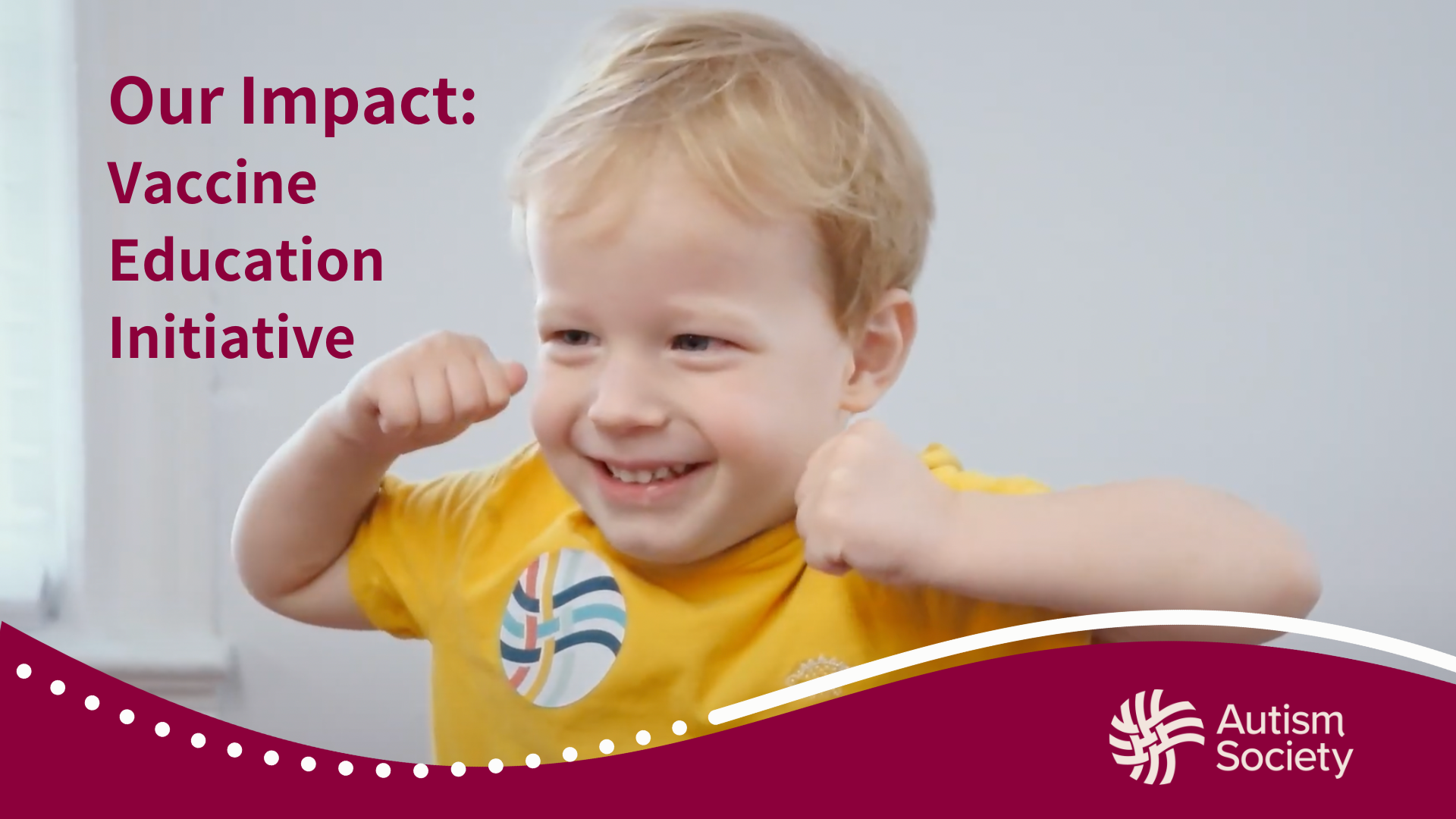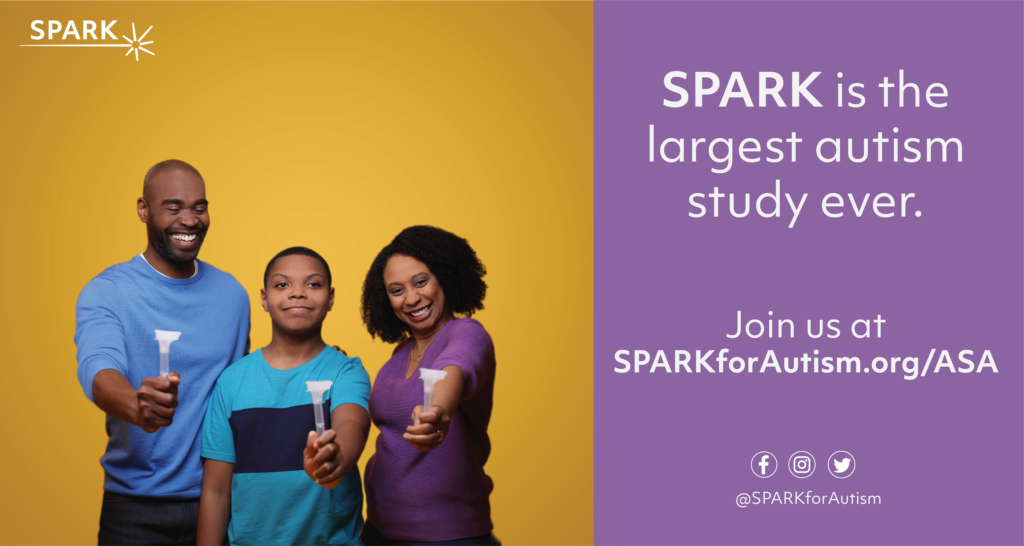
In this issue of Capitol Connection, find important advocacy tools as the new Congress prepares a reconciliation package. In addition, the final actions of the previous Congress and the Administration are shared.
The End of the 118th Congress
The 118th Congress ended on January 3rd and finished up a few final must-pass items. The Autism CARES Act passed the House on December 16th. On the House floor, Representative Chris Smith (R-NJ) thanked the Autism Society for all our advocacy on the bill. Upon final passage, the bill went to the President’s desk where he signed it into law on December 23rd. Thank you again for the over 5,500 messages sent to Congress educating them on the bill’s importance.
Another bill, the Think Differently Database Act, was passed and supported by the Autism Society. This law requires the United States Department of Health and Human Services to create a webpage that provides plain language resources on state Medicaid offices, their home and community-based services waivers, and caregiver options. The 118th Congress also passed a Continuing Resolution (CR) keeping the Government funded until March 14th, 2025.
The Start of the 119th Congress
The members of the 119th Congress were sworn in on January 3rd. The Autism Society has prepared our legislative goals for the 119th Congress and is working on sending them out to all offices. Representative Mike Johnson (R-LA) won his bid to continue his role as Speaker of the House. Representative Hakeem Jeffries (D-NY) continues to be the minority leader in the House. On the Senate side, Senator John Thune (R-SD) is the Senate majority leader while Senator Chuck Schumer (D-NY) is now the minority leader. Congress has much work to accomplish in the first few months. Fiscal Year 2025 appropriations must be passed or extended through another CR by mid-March. The debt ceiling also will soon need to be lifted. In addition, as the Republicans control the Presidency, House, and Senate, they are looking to pass reconciliation packages. A reconciliation bill can be passed with only majority votes, or 51, in the Senate instead of the regular order 60. However, to be included in a reconciliation bill, Congressional rules require that all provisions involve budget-related changes. This is the process Democrats used in 2022 to pass the Inflation Reduction Act. Republicans are currently shaping the reconciliation package and are looking to pass a bill by Memorial Day 2025. They are hoping to extend certain tax breaks that are expiring and will need to cut other spending to do so. One program at major risk is Medicaid. Advocates must share how any cuts to Medicaid or changes such as work requirements could affect you and your family.
- Please share your story using our Survey. These stories will be collected and shared via social media as well as with Members of Congress.
- Advocates can also reach out to their Members of Congress using our Action Alert.
- See this new report from the National Health Law Program on how work requirements harm the disability community. Some states are already preparing applications to the Centers for Medicare and Medicaid Services (CMS) to add work requirements to their Medicaid program.
Other potential risks to be included in a reconciliation package are voucher programs. The Educational Choice for Children Act passed the House Energy and Commerce Committee last Congress and could be included in the package as a tax credit. This bill gives tax credits to donors to scholarship or voucher programs for private schools. The Autism Society urges Congress to protect the civil and educational rights of students with disabilities by opposing any proposal that directs federal funds toward or in support of education that does not adhere to IDEA, the Rehabilitation Act of 1973, the Americans with Disabilities Act, and other civil rights laws.
- See this updated report from the National Center for Learning Disabilities on voucher programs and how they impact students with disabilities.
Final Administrative News
The Biden Administration ends on January 20th and therefore, they are wrapping up final actions. The Department of Labor released a Notice of Proposed Rule Making (NPRM) phasing out the use of 14(c) subminimum wage certificates. The Autism Society submitted comments in support of this rule. To become the final rule, the new incoming Trump Administration would have to put it in place.
The Department of Education announced a withdrawal of its NPRM on eliminating parental consent to access Medicaid services in schools. The Autism Society had signed on to comments by the Consortium for Constituents with Disabilities (CCD) against this NPRM due to concerns that families and schools already struggle with billing Medicaid in schools and removing the parental consent requirement does not help alleviate this challenge. The Department of Education also published final resources. The Secretary, Miguel Cardona, published a letter to Governors and schools reiterating the negative impacts of restraint and seclusion and urging them to reduce these harmful practices. A fact sheet was published on Individualized Assessments for Students with Disabilities in Postsecondary Education.
The Department of Transportation announced a new final rule to protect people with disabilities on commercial flights. The rule establishes new standards for support, requiring hands-on training for airline staff and contractors who assist passengers with disabilities and manage their wheelchairs. It also outlines the steps airlines must take to safeguard passengers in the event their wheelchair is damaged or delayed during transport.
Justice Corner
A federal court decision was recently announced that stresses the importance of access to home and community-based services in the states. In a class-action case, Brown, et al v. District of Columbia, the court ruled that Washington, DC, did not inform Medicaid nursing facility residents that they had the option to leave and receive home health services in their communities. Additionally, the city failed to connect these individuals with housing options and community-based services to support their transition back home. This case has national implications and states and municipalities will be held to a higher standard when it comes to facilitating nursing facility residents’ transition into home-and community-based care. See more in the Press Release from AARP.
State Advocacy
44 out of 50 state sessions will start by the end of January. The Autism Society is leading bills in states on the intersection of criminal legal and Autism as well as access to higher education. Multiple Autism Society affiliates are hosting state capitol advocacy days including Iowa, Virginia, Maryland, Texas, and Louisiana. The Autism Society will continue to track and follow relevant state legislation.
Share:





